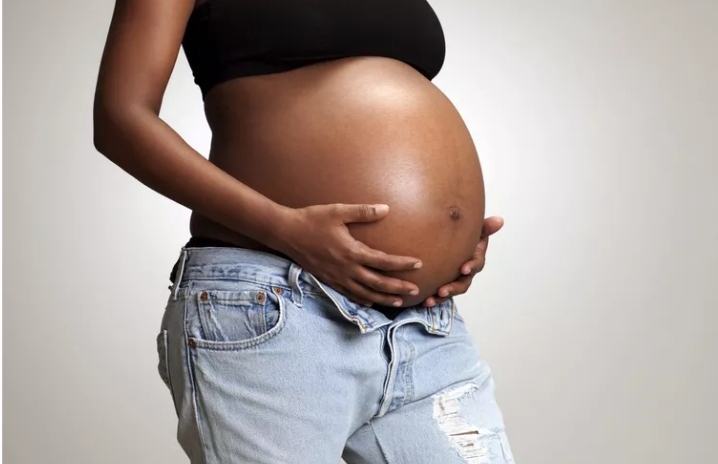Women who have attained the age of menopause can now have their children without complications.
Confiance News gathered from a Real news report on Tuesday.
According to the report, the North American Menopause Society (NAMS) has defined menopause as the point in time when a woman reaches 12 consecutive months without a menstrual period. The time leading up to menopause is actually called per menopause, and women still have a slim chance of getting pregnant during this time.
It is therefore becoming increasingly common to hear that women above 50 successfully put to bed their first birth without complications. This wasn’t so in the past, especially for women whose menopause is said to begin at age 44 to 58.
Scientific advancement has continued to redefine the boundaries and limitations on the possibilities of older women getting pregnant.
These new discoveries are welcome development, especially in a society like Nigeria where the pressure to have children can be both frustrating and endemic both from family members and friends. Married couples can now find respite in the new possibilities that advancement in science have made available.
There was wild celebrations when Jumoke Akindele-Ajulo, first female Speaker Ondo State House of Assembly, delivered her first baby and it has also confirmed the realities and pressures for child birth in the country. According to local media reports, Akindele-Ajulo gave birth at the age of 54.
However, new studies have revealed that in the future, other options may help a person conceive even after menopause.
One such option, according to MedicalNewsToday is reverse menopause by “rejuvenating” previously dormant ovaries. Doing this would stimulate the release of an egg for fertilization.
It added that more research and clinical trials are necessary to confirm the safety and effectiveness of this type of treatment.
Dr. Lisa Campo-Engelstein, an associate professor in the department of obstetrics and gynecology and the Alden March Bioethics Institute at Albany Medical College in an interview with healthline noted that women can carry a pregnancy after menopause with the assistance of hormones.
According to her, menopause only means their ovaries stop producing hormones, but their uterus remains functional.
The American College of Obstetricians and Gynecologists (ACOG) in its article on How Aging Affects Fertility and Pregnancy, revealed that for healthy couples in their 20s and early 30s, around 1 in 4 women will get pregnant in any single menstrual cycle, but by age 40, around 1 in 10 will get pregnant per menstrual cycle. A man’s fertility also declines with age, but not as predictably.
In their position paper, ASRM raised concerns about gestational carriers of advanced ages, but said that many women from 45 to 54 are healthy and well prepared for parenting, and therefore are reasonable candidates to receive donated oocytes and embryos.
The oldest verified mother to conceive naturally (listed currently as of January 26, 2017 in the Guinness Records is Dawn Brooke (Guernsey); she conceived naturally and birthed a son at the age of 59 in 1997after undergoing a hormone replacement therapy, HRT, while Erramatti Mangamma currently holds the record for being the oldest living mother who gave birth at the age of 73 through in-vitro fertilisation via caesarean section in the city of Hyderabad, India. She delivered twin baby girls, making her also the oldest mother to give birth to twins. The previous record for being the oldest living mother was held by Daljinder Kaur Gill from Amritsar, India, who gave birth to a baby boy at age 72 through in-vitro fertilisation.
According to statistics from the Human Fertilisation and Embryology Authority, in the UK more than 20 babies are born to women over age 50 per year through in-vitro fertilization with the use of donor oocytes (eggs)
In either of the cases, the women could still have babies. Whether it is natural fertilization or medically assisted fertilization, or through surrogates, couples, especially women and professional women can be free from the fear of the “Child Bearing Age”.
According to the American Society for Reproductive Medicine (ASRM) “Pregnancy may be possible in virtually any woman with a normal uterus, regardless of age and even in the absence of ovaries and ovarian function.”








Leave a comment